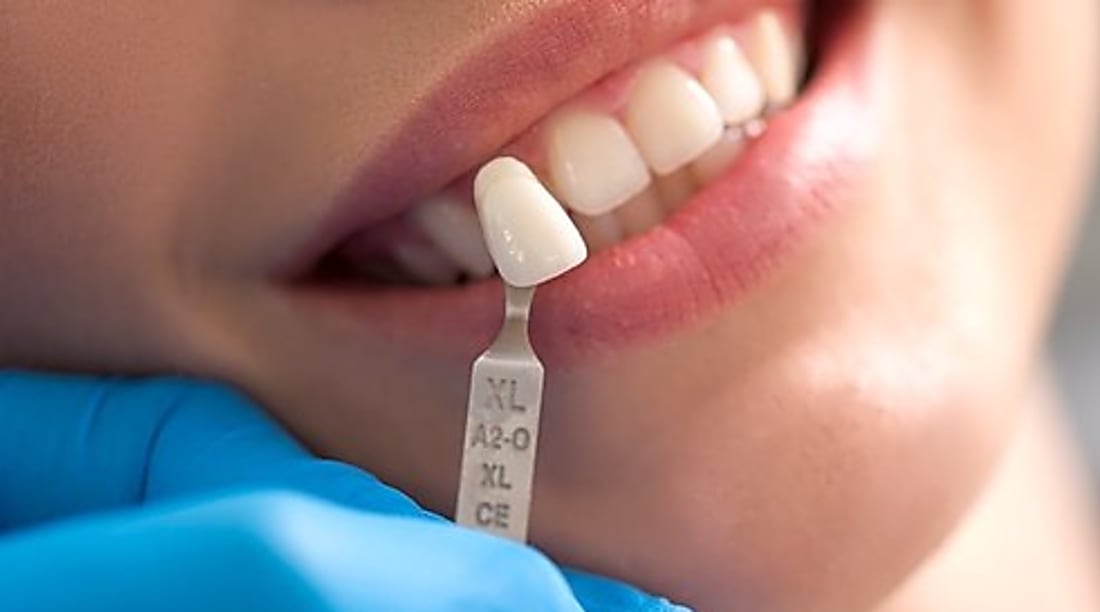Understanding Depression Tests: A Step Toward Better Mental Health
Depression is a common but serious mental health condition that affects millions worldwide. Recognizing the signs early is critical, and one of the most accessible ways to begin this process is through a depression test. These tests serve as a preliminary screening tool to help individuals assess their emotional state and decide whether professional help is needed. In this article, we’ll explore what a depression test is, how it works, and why it’s a valuable resource for mental wellness.

Recognizing the signs of depression can be challenging, especially when symptoms develop gradually or vary from person to person. Depression tests offer a structured way to evaluate emotional well-being and identify patterns that may indicate a depressive disorder. While these assessments are not diagnostic tools on their own, they provide important insights that can guide individuals toward appropriate care and support. Understanding how these tests work and why they matter can empower people to take control of their mental health journey.
Why Take a Depression Test?
Depression tests serve multiple important purposes in mental health awareness and care. They help individuals recognize symptoms they might otherwise dismiss or attribute to stress or fatigue. Many people experience feelings of sadness, fatigue, or disinterest without realizing these could be signs of clinical depression. A structured assessment brings clarity to these experiences by asking targeted questions about mood, behavior, sleep patterns, appetite changes, and overall functioning.
These tests also reduce the stigma surrounding mental health by normalizing conversations about emotional well-being. When depression screening becomes a routine part of healthcare, similar to checking blood pressure or cholesterol levels, people feel more comfortable addressing their mental health concerns. Additionally, test results provide a foundation for meaningful conversations with healthcare providers, making it easier to communicate symptoms and concerns accurately.
For those hesitant to seek professional help, online depression tests offer a private, accessible first step. They allow individuals to explore their feelings in a safe environment before deciding whether to pursue formal evaluation or treatment.
How Depression Tests Work
Depression tests typically consist of standardized questionnaires that assess various symptoms associated with depressive disorders. The most commonly used screening tools include the Patient Health Questionnaire-9 (PHQ-9), the Beck Depression Inventory (BDI), and the Hamilton Depression Rating Scale (HAM-D). These assessments ask questions about mood, energy levels, concentration, sleep quality, appetite, feelings of worthlessness, and thoughts of self-harm.
Respondents rate the frequency or intensity of their symptoms over a specific timeframe, usually the past two weeks. The scoring system assigns numerical values to responses, generating a total score that indicates the severity of depressive symptoms. Scores are generally categorized as minimal, mild, moderate, moderately severe, or severe depression.
It is important to understand that these tests measure symptom patterns rather than providing definitive diagnoses. A high score suggests the presence of significant depressive symptoms and indicates the need for professional evaluation. Healthcare providers use test results alongside clinical interviews, medical history, and other assessments to make accurate diagnoses and develop appropriate treatment plans.
Online versions of these tests are widely available and can be completed anonymously. However, results from self-administered tests should always be discussed with qualified healthcare professionals who can provide context, interpretation, and guidance.
Understanding the Importance of Early Detection
Early detection of depression significantly improves treatment outcomes and quality of life. When depression is identified in its early stages, interventions can prevent symptoms from worsening and reduce the risk of complications such as substance abuse, relationship problems, or physical health issues. Early treatment also shortens the duration of depressive episodes and helps individuals regain functioning more quickly.
Depression affects brain chemistry, thought patterns, and physical health in ways that can become more entrenched over time. Prompt intervention through therapy, medication, lifestyle changes, or a combination of approaches can interrupt these patterns before they become deeply established. Research consistently shows that people who receive early treatment for depression experience better long-term outcomes than those who delay seeking help.
Early detection also benefits families and communities. Depression impacts relationships, work performance, and social engagement, creating ripple effects that extend beyond the individual. When people recognize and address depression early, they maintain stronger connections with loved ones and continue contributing to their communities in meaningful ways.
For healthcare systems, early detection through routine screening can reduce overall costs by preventing hospitalizations, emergency interventions, and long-term disability. Many primary care providers now incorporate depression screening into regular checkups, recognizing that mental health is integral to overall wellness.
Taking Action After a Depression Test
Completing a depression test is an important first step, but taking action based on the results is equally crucial. If test results suggest moderate to severe depression, scheduling an appointment with a healthcare provider should be a priority. Family doctors, psychiatrists, psychologists, and licensed therapists can all provide evaluation and treatment options.
During a professional evaluation, providers will conduct a comprehensive assessment that considers medical history, current medications, life circumstances, and other factors that might contribute to depressive symptoms. They can rule out other conditions that mimic depression, such as thyroid disorders or vitamin deficiencies, and recommend appropriate interventions.
Treatment options vary based on individual needs and may include psychotherapy, medication, lifestyle modifications, or complementary approaches. Cognitive-behavioral therapy (CBT) and interpersonal therapy (IPT) have strong evidence supporting their effectiveness for depression. Antidepressant medications can help regulate brain chemistry when symptoms are moderate to severe.
Even if test results indicate mild symptoms, taking proactive steps to support mental health is worthwhile. Regular exercise, adequate sleep, social connection, stress management techniques, and meaningful activities all contribute to emotional well-being and can prevent symptoms from progressing.
Conclusion
Depression tests provide valuable insights into emotional well-being and serve as important tools for identifying when professional support may be needed. Understanding why these assessments matter, how they function, and the benefits of early detection empowers individuals to take proactive steps toward better mental health. While depression tests are not substitutes for professional diagnosis, they open doors to conversations, reduce stigma, and guide people toward appropriate care. Taking a depression test represents an act of self-awareness and self-care that can lead to meaningful improvements in quality of life and overall wellness.
This article is for informational purposes only and should not be considered medical advice. Please consult a qualified healthcare professional for personalized guidance and treatment.




